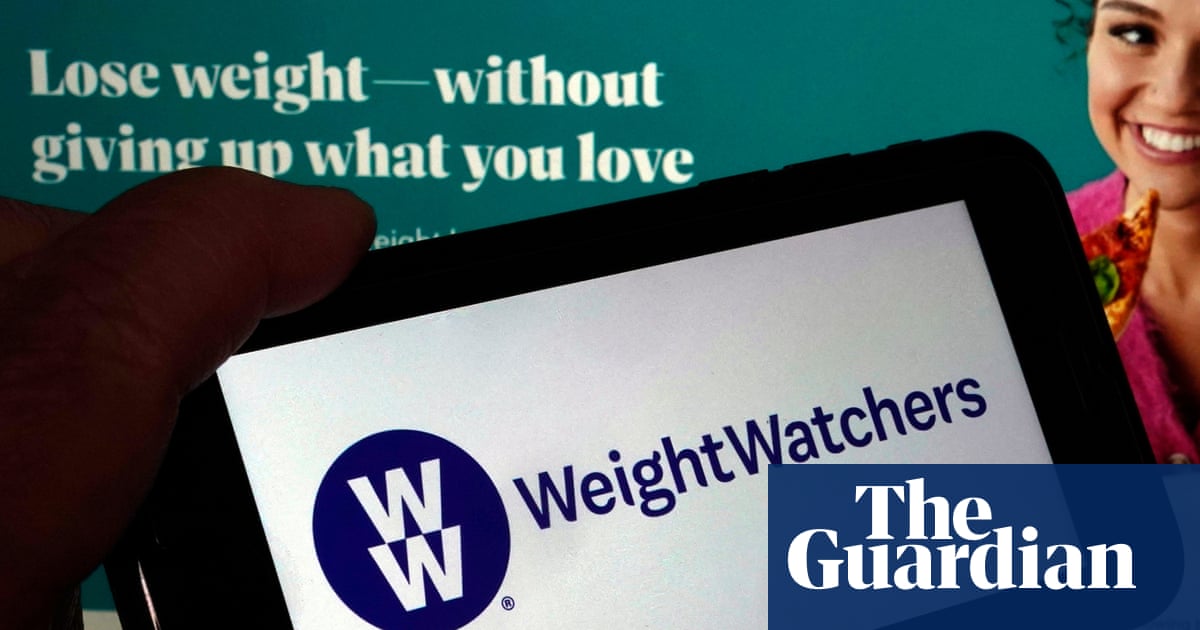WeightWatchers is teaming up with a provider of weight-loss drugs such as Wegovy and Mounjaro, in a seismic shift for the brand away from a focus on dieting as it tries to turn around its struggling business.
WeightWatchers, which has promoted a non-medical, points-based approach to food intakesince its creation in the 1960s, has announced a strategic partnership in the UK with CheqUp, a provider of GLP-1 weight-loss medication and accompanying clinical support and health coaching.
The partnership comes weeks after WeightWatchersfiled for Chapter 11 bankruptcy protectionin the US, as it tries to cut its debt after the popularity of anti-obesity injections upended its model.
All CheqUp members will be able to access a WeightWatchers app, which has been specifically designed for people on weight-loss injections, with guidance from experts on food recommendations to minimise the side effects of the medication, such as nausea, while supporting healthy weight loss.
The two companies said the tie-up would help patients who are “seeking sustainable weight loss through GLP-1 medication and behavioural support”, with their “complementary offerings” allowing patients to achieve better results than with medication alone.
Known for its trademark points-based programme, WeightWatchers –which rebranded as WWin 2018 – has had millions of followers worldwide, who bought branded cookbooks and ready meals, used its food-tracking app and attended local meetings with weekly weigh-ins.
But demand for its services has fallen in recent years, as people hoping to lose weight increasingly turning to injections such as Wegovy, which contains the drug semaglutide, and Mounjaro, which contains the drug tirzepatide. Trials showed the drugs can help people lose significant amounts of weight, withmany seeking private prescriptions.
US-listed WeightWatchers, which once boasted TV talkshow host Oprah Winfrey as one of its top shareholders, has seen its shares lose 82% of their value so far this year.
Winfrey, who had been the public face for the diet company since 2015, announced in February last year she wasleaving WW and giving away all her shares, shortly after she revealed that her recent weight-loss was due to taking anti-obesity drugs.
Obesity experts have called on the NHS toaccelerate the use of weight-loss jabsto tackle the obesity crisis, which is linked to numerous long-term conditions including cancer, heart disease, dementia and diabetes, and also puts a huge strain on the health service.
Sign up toBusiness Today
Get set for the working day – we'll point you to all the business news and analysis you need every morning
after newsletter promotion
However, WeightWatchers may be banking on other recent findings that have shown that people taking weight-loss drugsregain all the weight they have lostwithin a year of stopping the medication if they do not make any changes to their lifestyle.
“The data is clear – we see in the US, that our members on obesity medications who also participate in our nutritional and behavioural lifestyle programme, lose 11% more weight on average than those using the medication alone,” said Scott Honken, chief commercial officer at WeightWatchers.
“At WeightWatchers, we recognise the demand for GLP-1 medications in the UK is growing as more people seek effective weight management solutions,” he added.
James Hunt, deputy chief executive of CheqUp said: “There is no doubt that the addition of WeightWatchers’ breakthrough GLP-1 companion programme will add enormously to our patients’ ability to achieve sustainable weight loss through its science-backed and proven programmes, together with their global community of like-minded individuals.”
